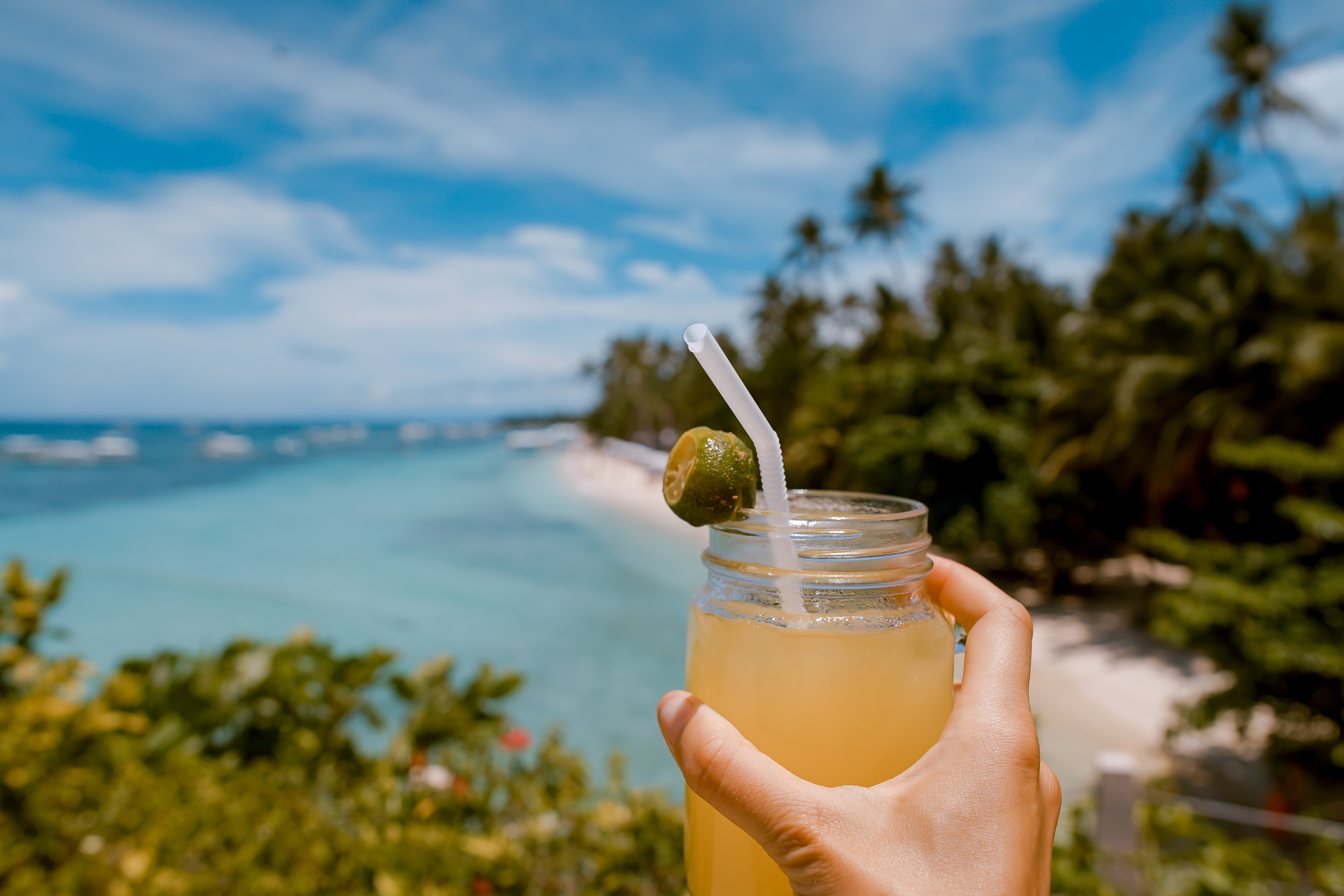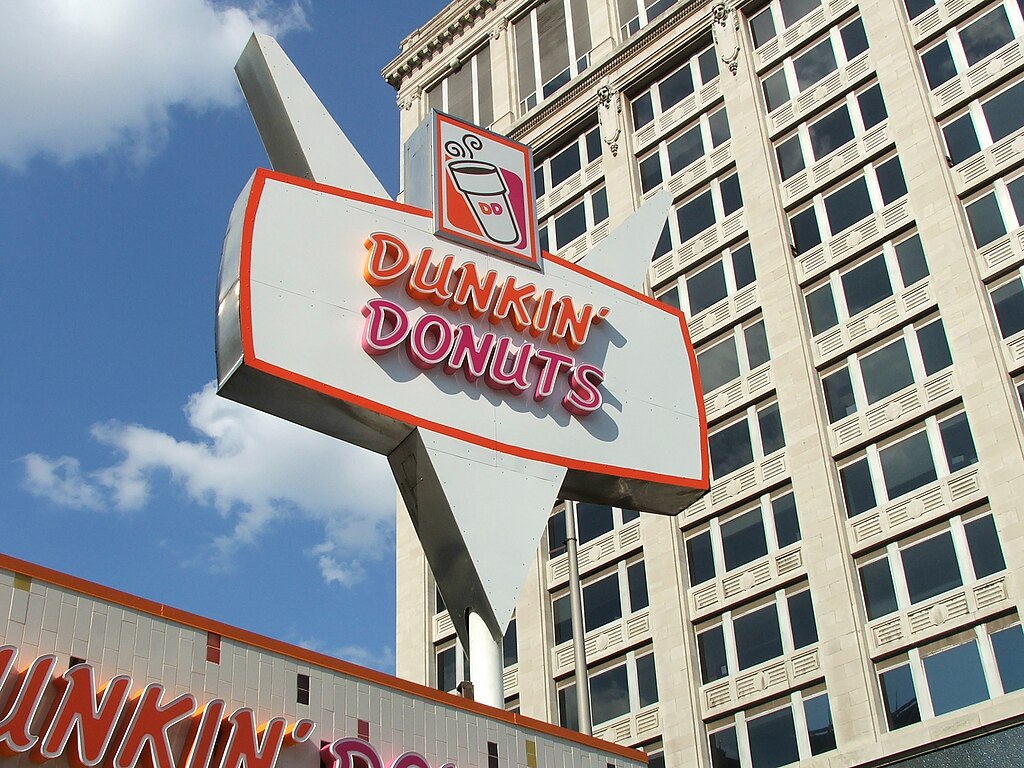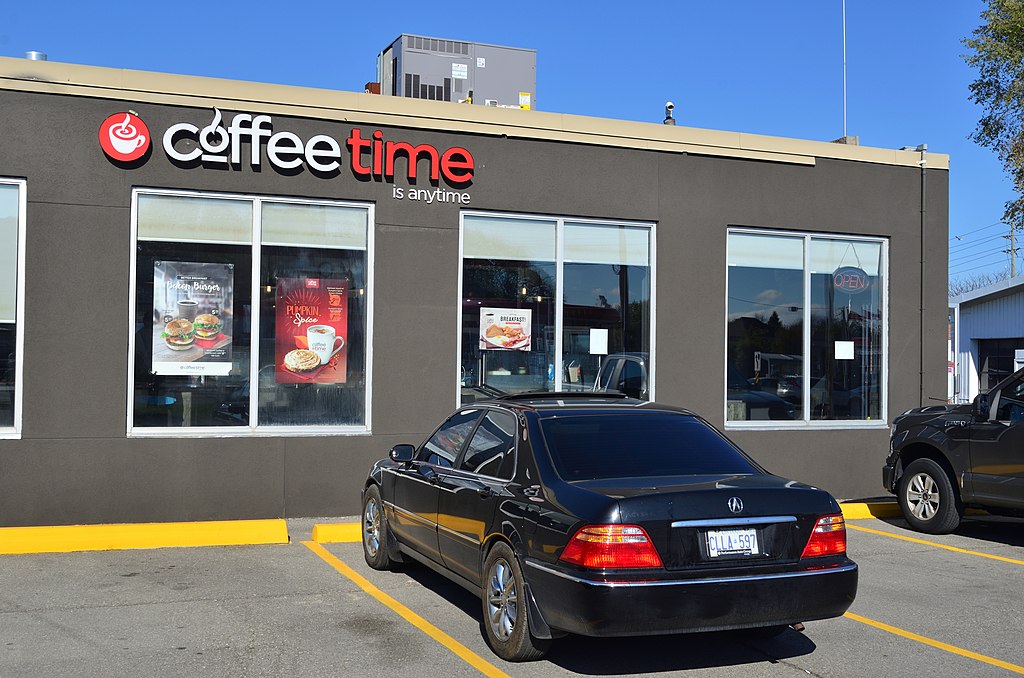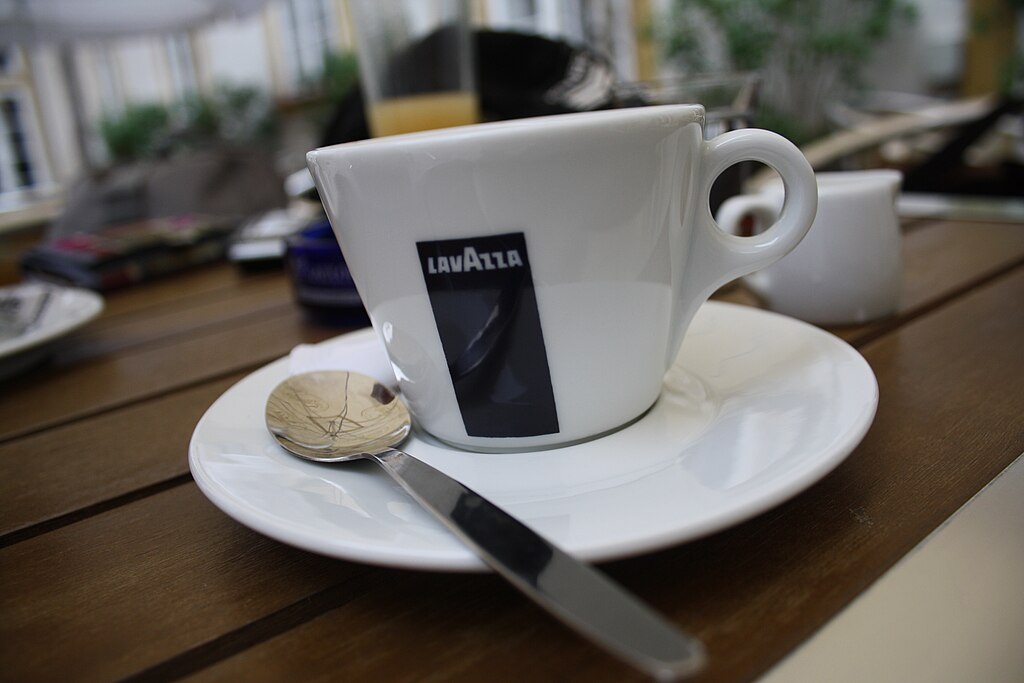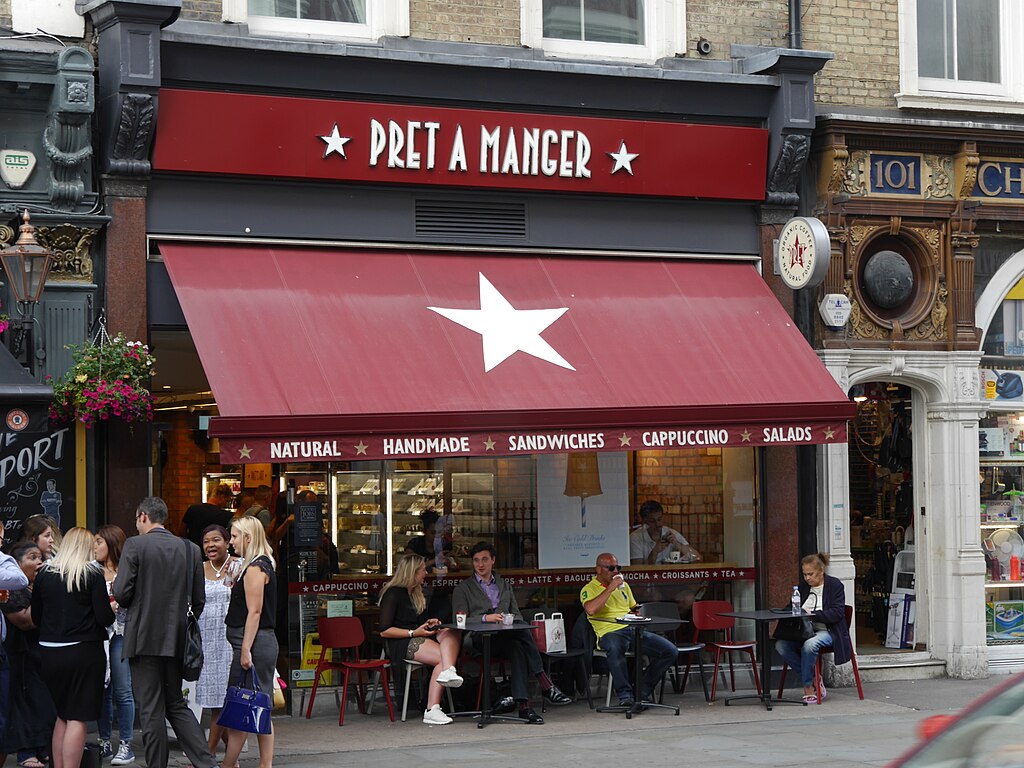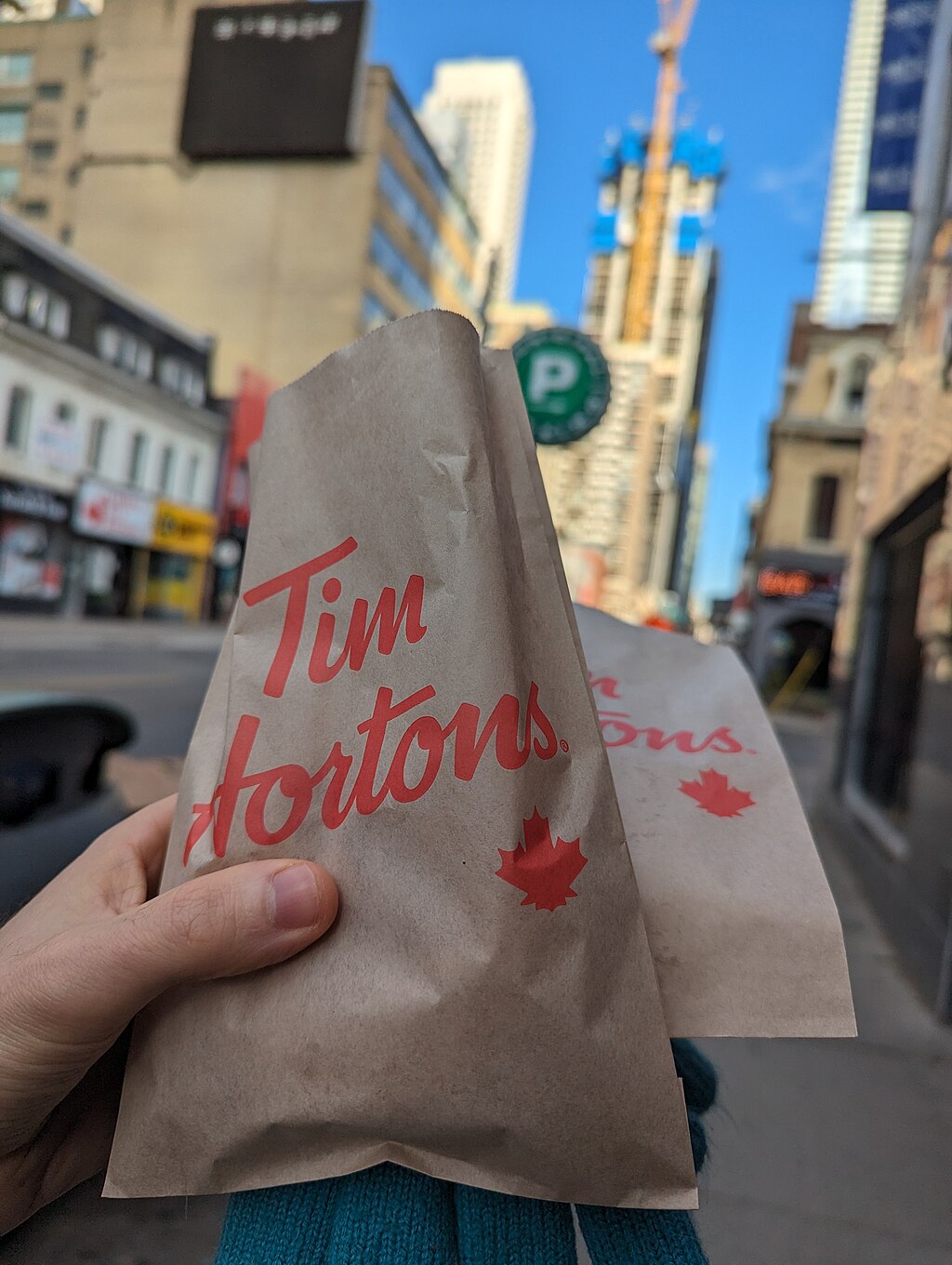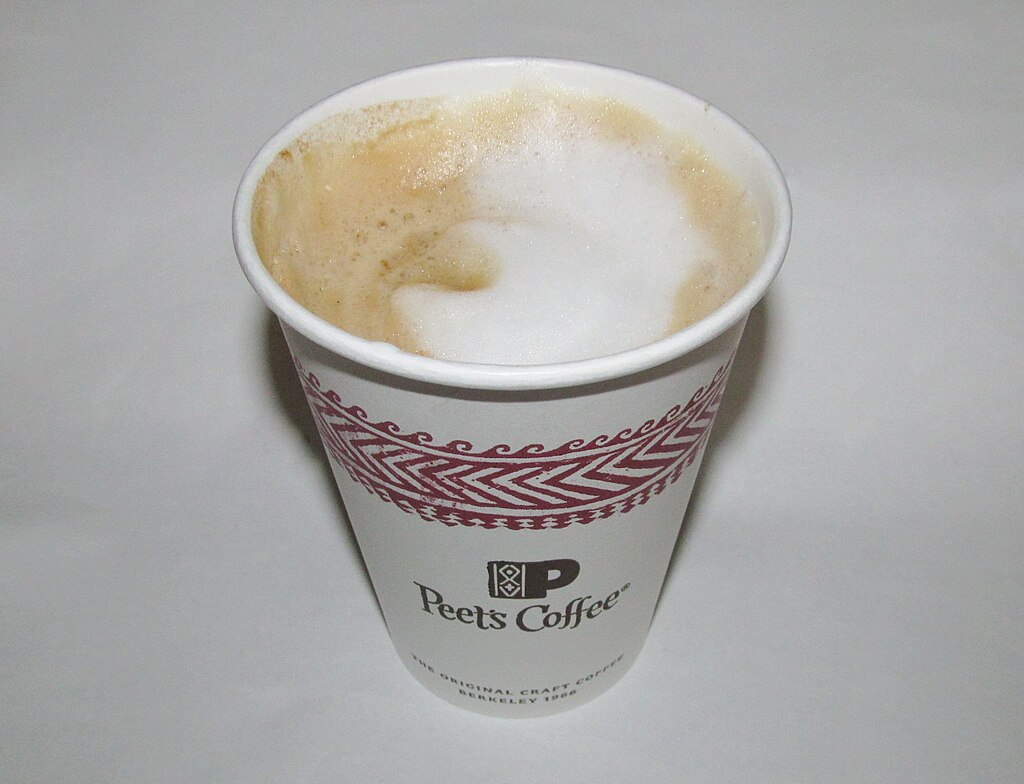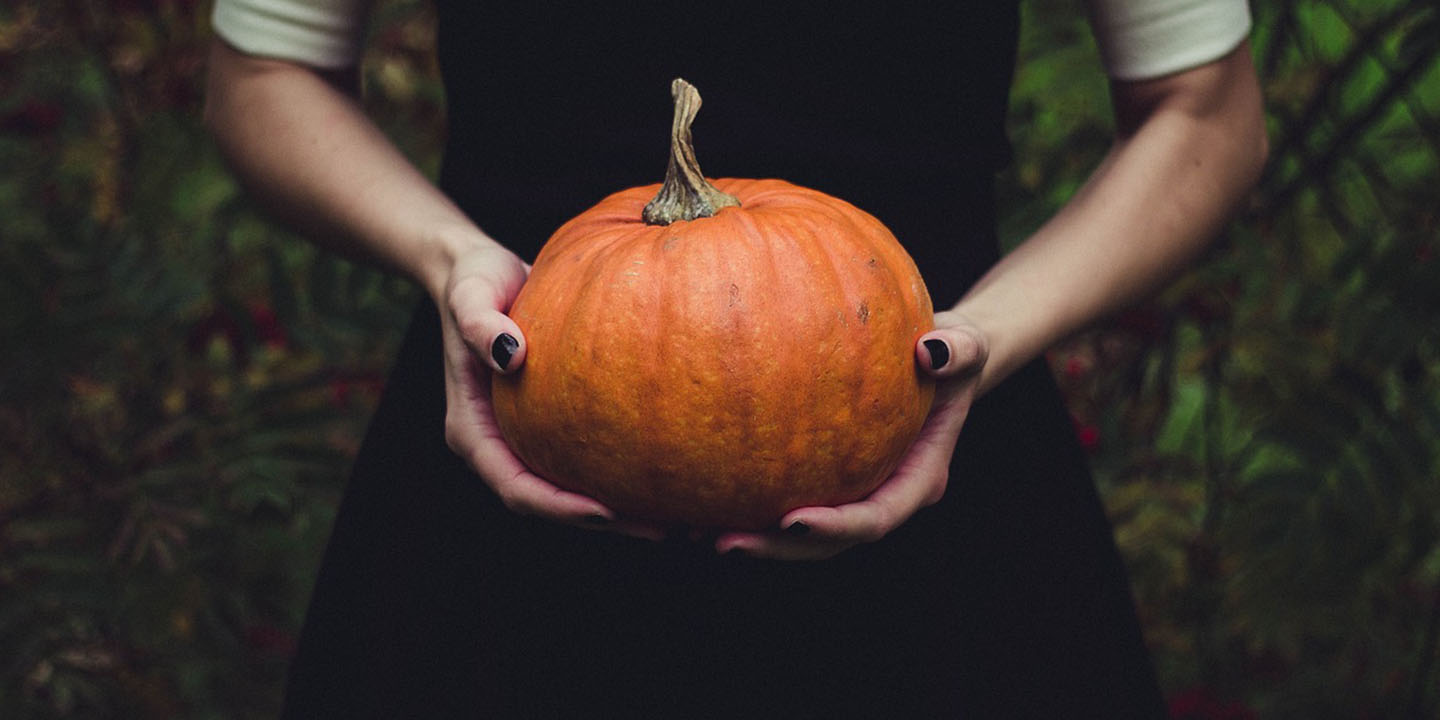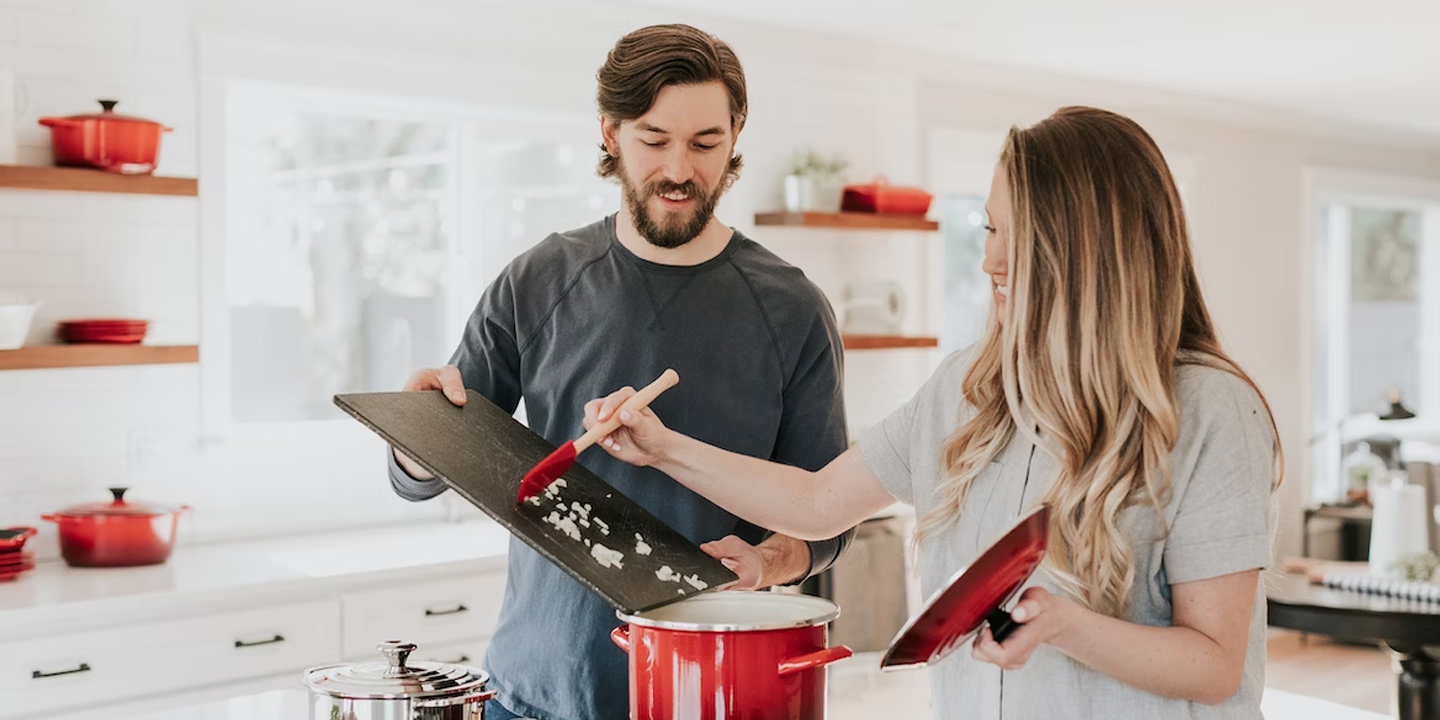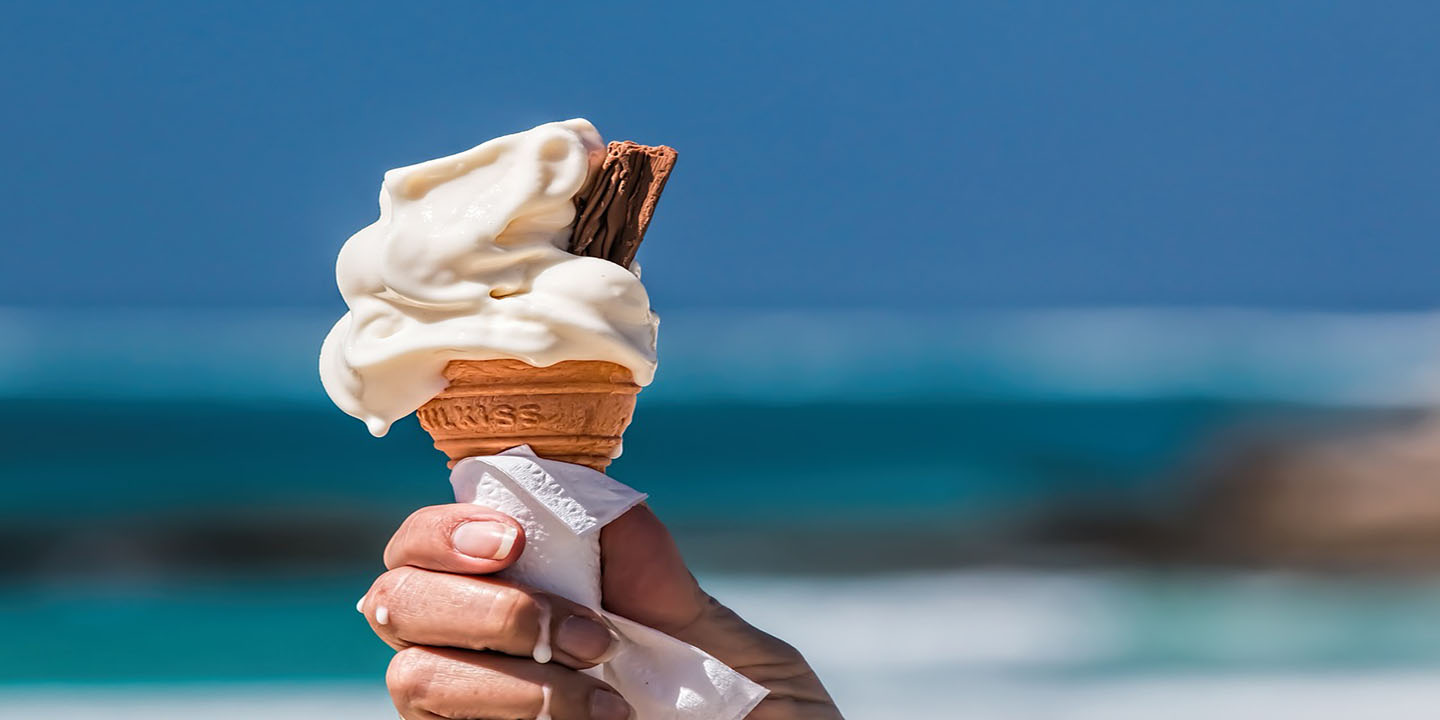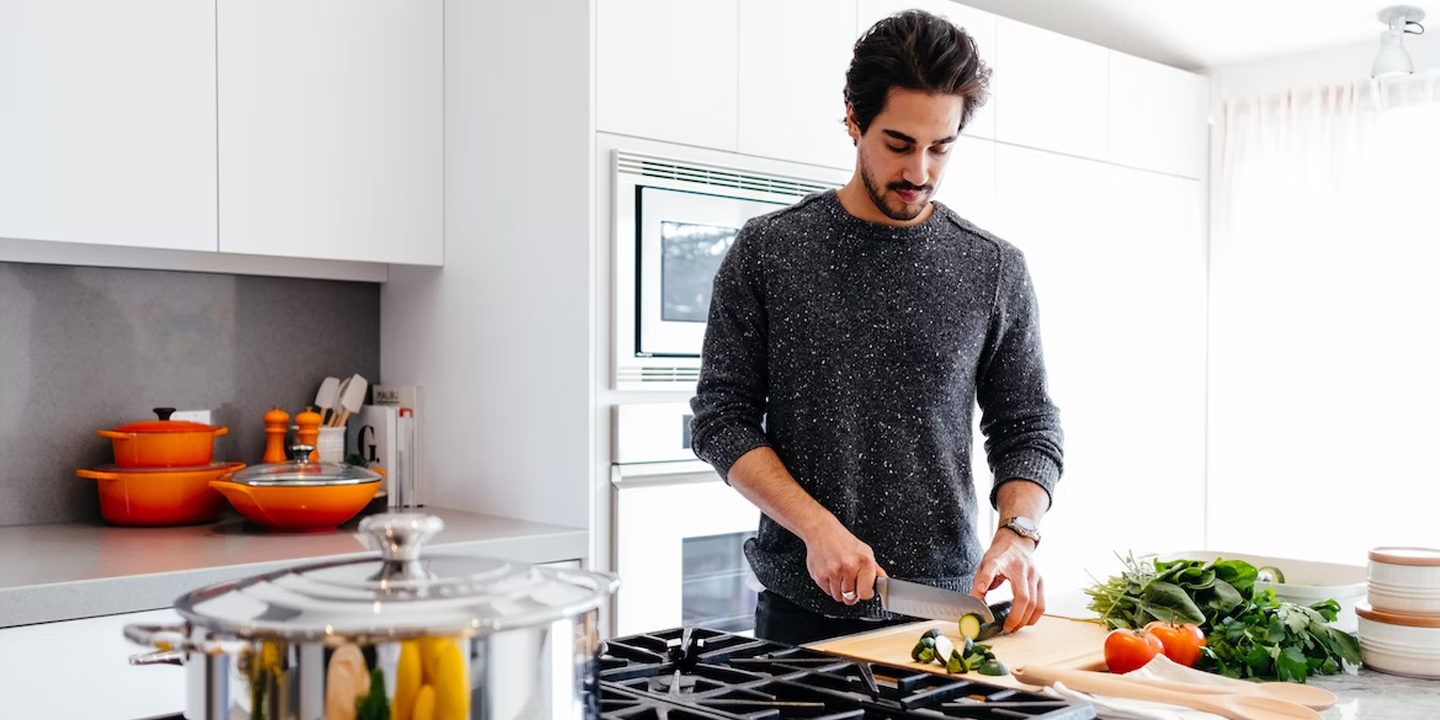10 Coffee Brands You Should Forget About & 10 You Should Support
Heroes and Villains of the Coffee World
With the coffee market on the rise, sustainability is also a growing concern. As consumers, it’s important to make informed decisions so we can continue to enjoy our daily cup of joe guilt-free. But how do we separate the heroes from villains? We’ve compiled a list of the 10 worst coffee companies to avoid, and the 10 best who are making major strides in the right direction based on ethical and sustainability efforts.
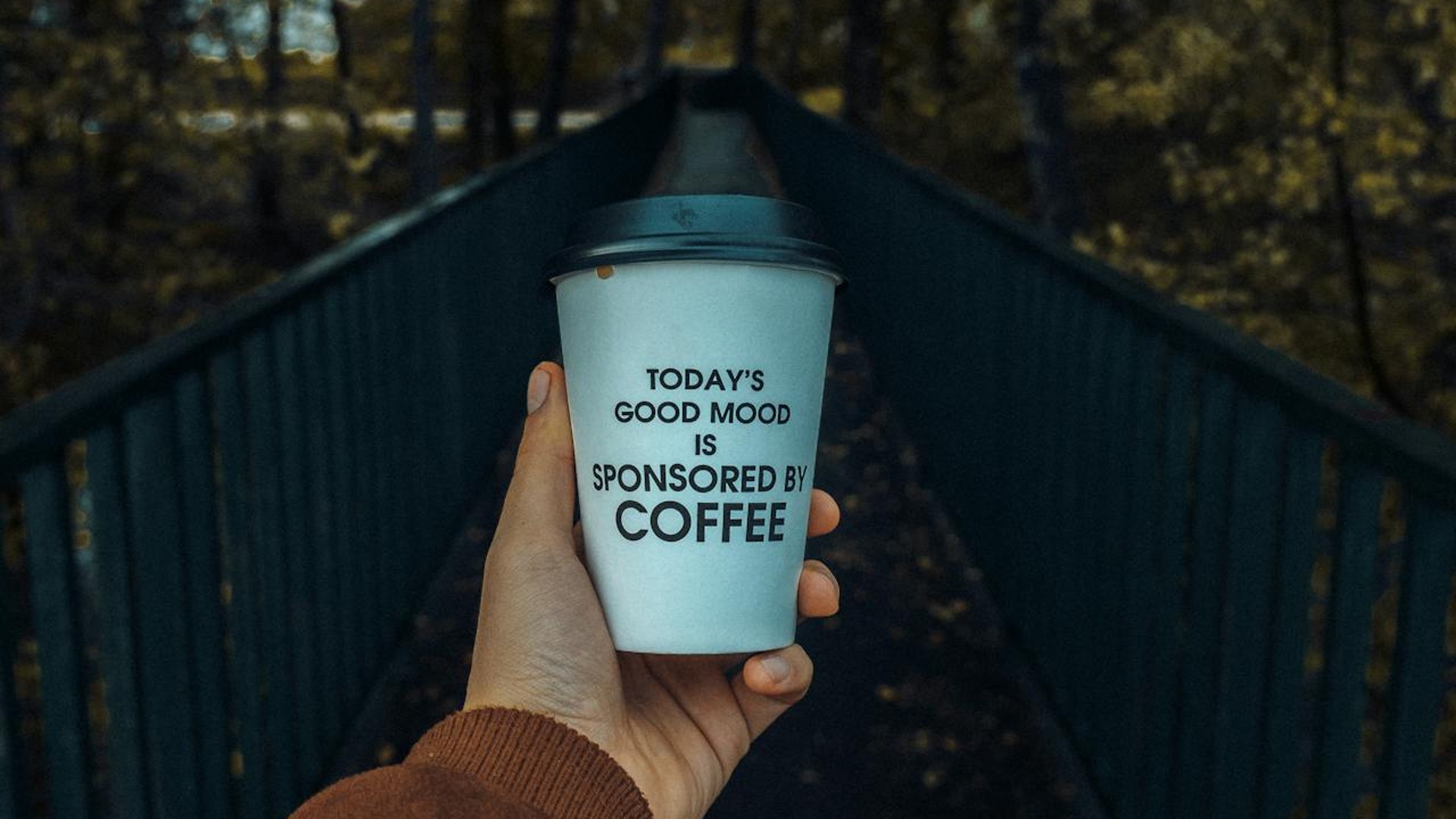 Photo by Atahan Demir on Pexels
Photo by Atahan Demir on Pexels
1. Seattle’s Best
Branded as a local Seattle brand, this company is really owned by Nestlé. The beans are cheap and cheerful but sadly, aren’t sustainably sourced.
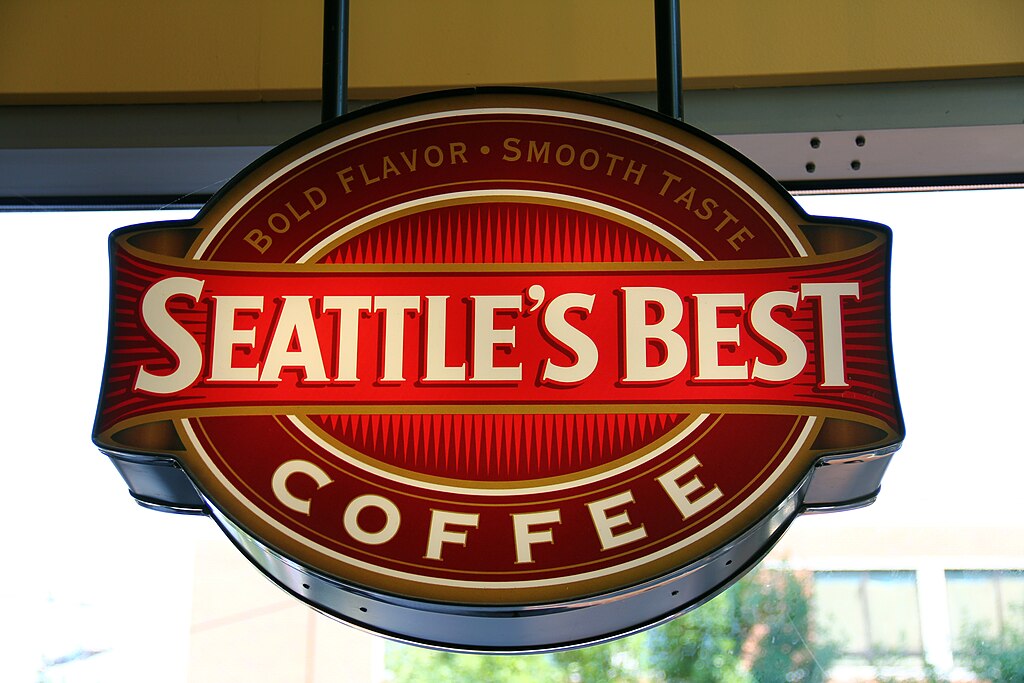 Niranchan on Wikimedia Commons
Niranchan on Wikimedia Commons
2. Folgers
Although they have a whole page on their website boasting sustainability efforts, Folgers isn’t Fairtrade certified meaning they currently lack the necessary sustainability and ethical requirements to be labeled as such.
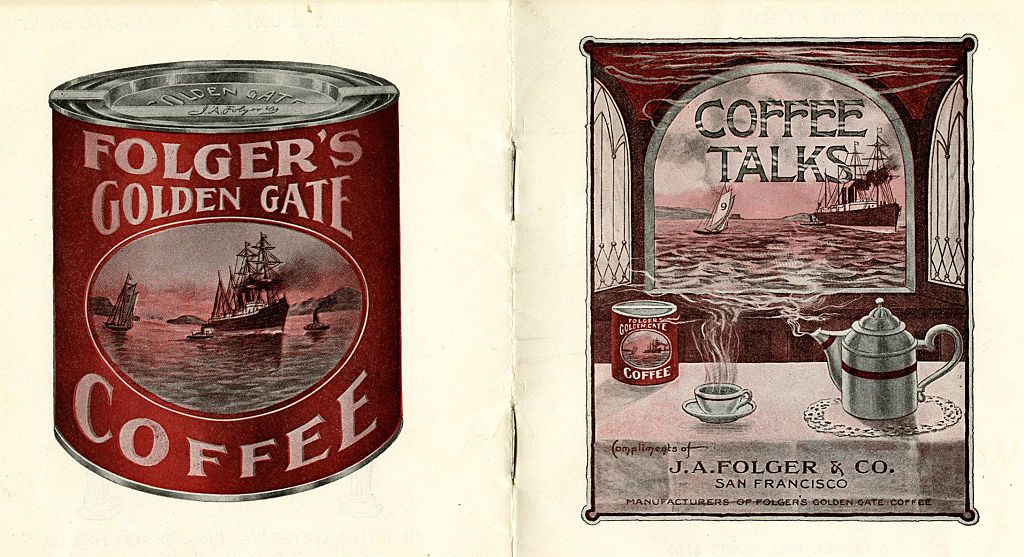 JA Folger Co. on Wikimedia Commons
JA Folger Co. on Wikimedia Commons
3. Maxwell House
Maxwell House is another American coffee giant that fails to meet the Fairtrade certification requirements. They also don’t offer any organic products.
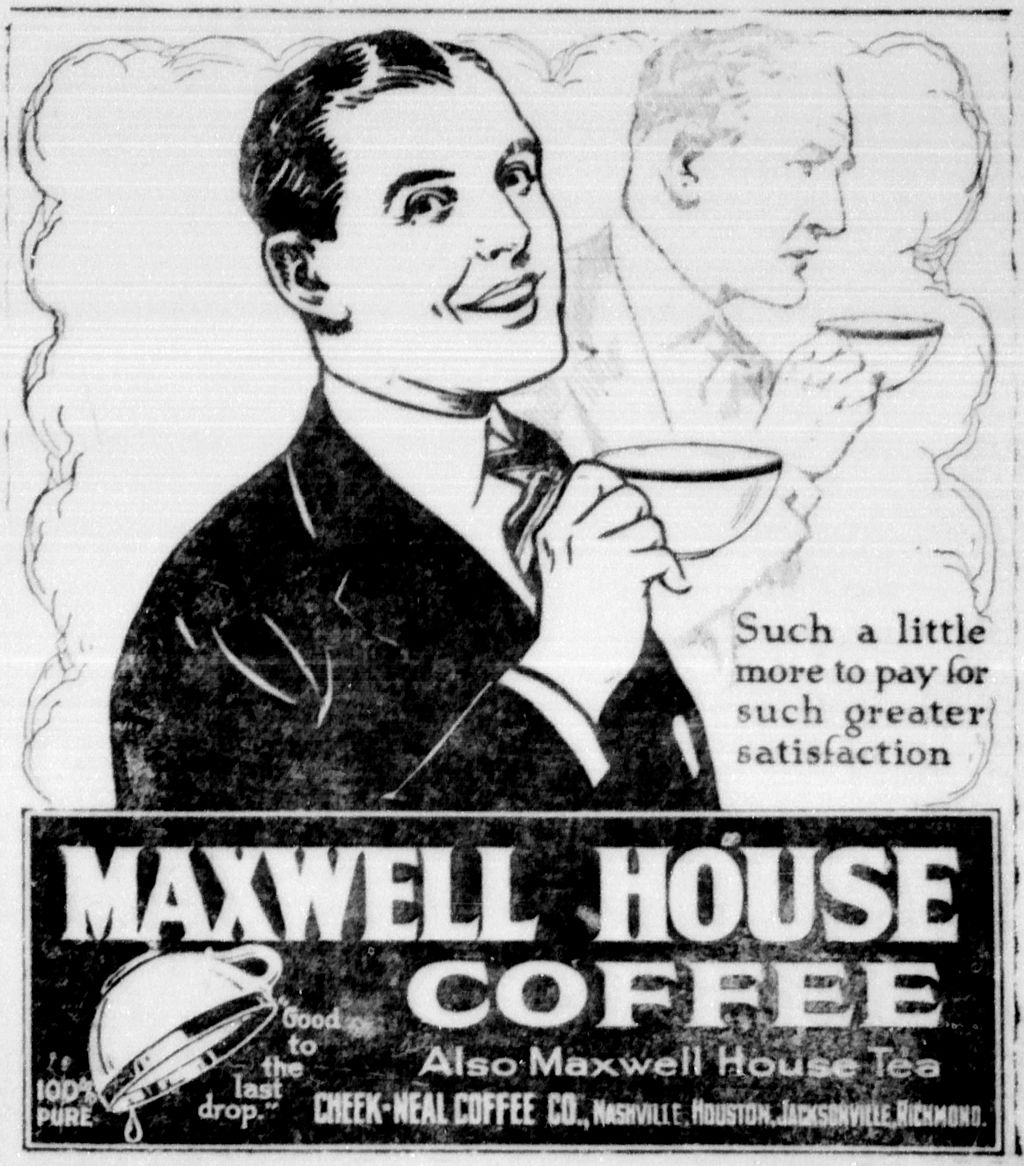 Cheek-Neal Coffee Co. on Wikimedia Commons
Cheek-Neal Coffee Co. on Wikimedia Commons
4. Medaglia D'Oro
Medaglia D'Oro brought Italian-style espresso to the USA but, unfortunately, they’re not Fairtrade certified and don’t seem to be making any efforts in that direction. Medaglia D'Oro translates to “gold medal” in Italian, but their sustainability practices certainly don’t earn them one!
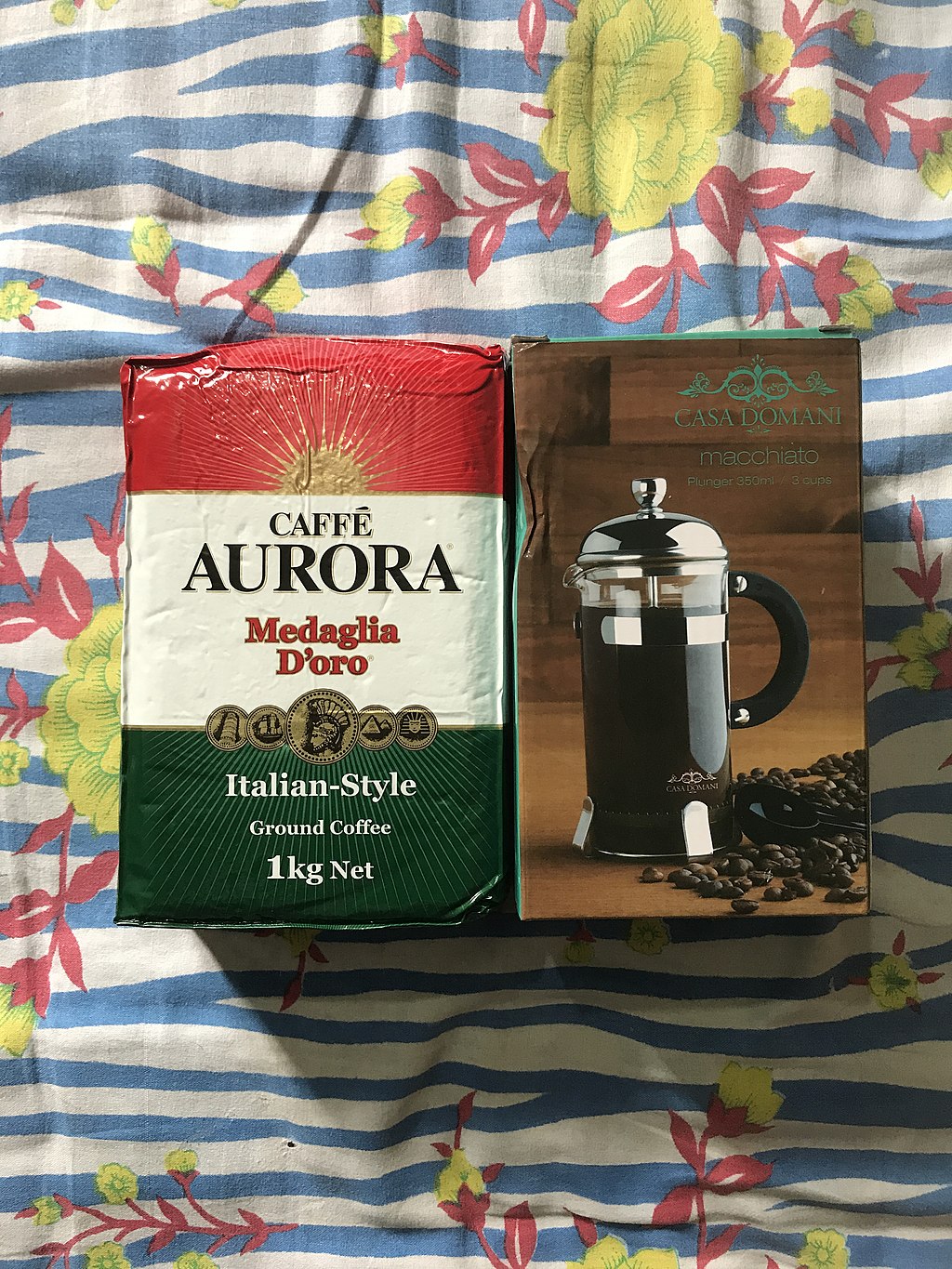 Indrajit Das on Wikimedia Commons
Indrajit Das on Wikimedia Commons
5. Dunkin’
Dunkin’ Donuts is a bit of an oddball because while they were a trailblazer for sustainability with their espresso beans (100 percent Fairtrade certified way back in 2004!) their regular coffee doesn’t fit the criteria. In fact, they source it from companies that scored extremely low on sustainability measures.
6. Coffee Time
If you live in Ontario, you might be familiar with this popular coffee shop chain. Although they boast sustainable packaging and meat sourcing, their environmental efforts fall short when it comes to their beans.
7. Café Bustelo
Café Bustelo is a Cuban-style coffee brand popular in New York. The company has a long history of serving traditional-style Cuban coffee but their beans aren’t Fairtrade certified.
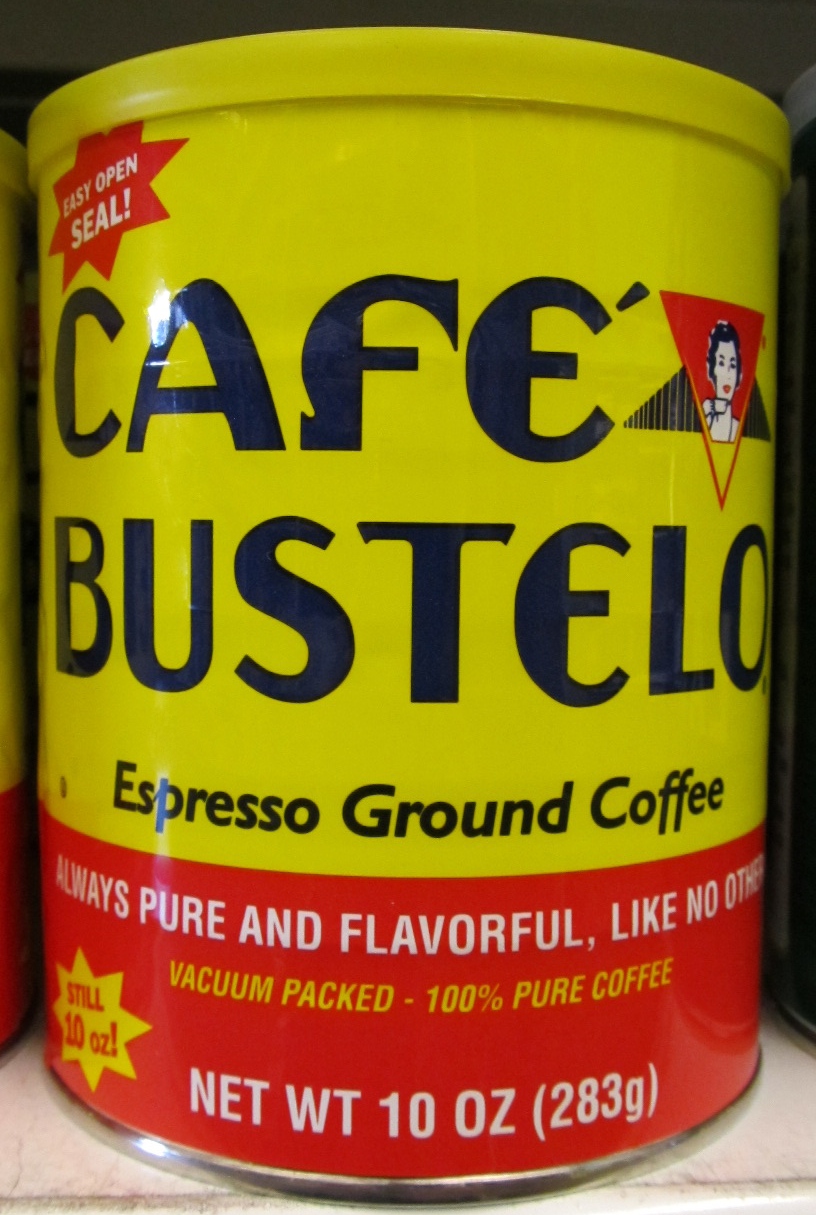 Willis Lam on Wikimedia Commons
Willis Lam on Wikimedia Commons
8. Pilon
Café Pilon is another Cuban coffee brand that’s popular in the USA. Unfortunately, they aren’t Fairtrade certified and the company makes no mention of ethical or sustainable efforts on its website.
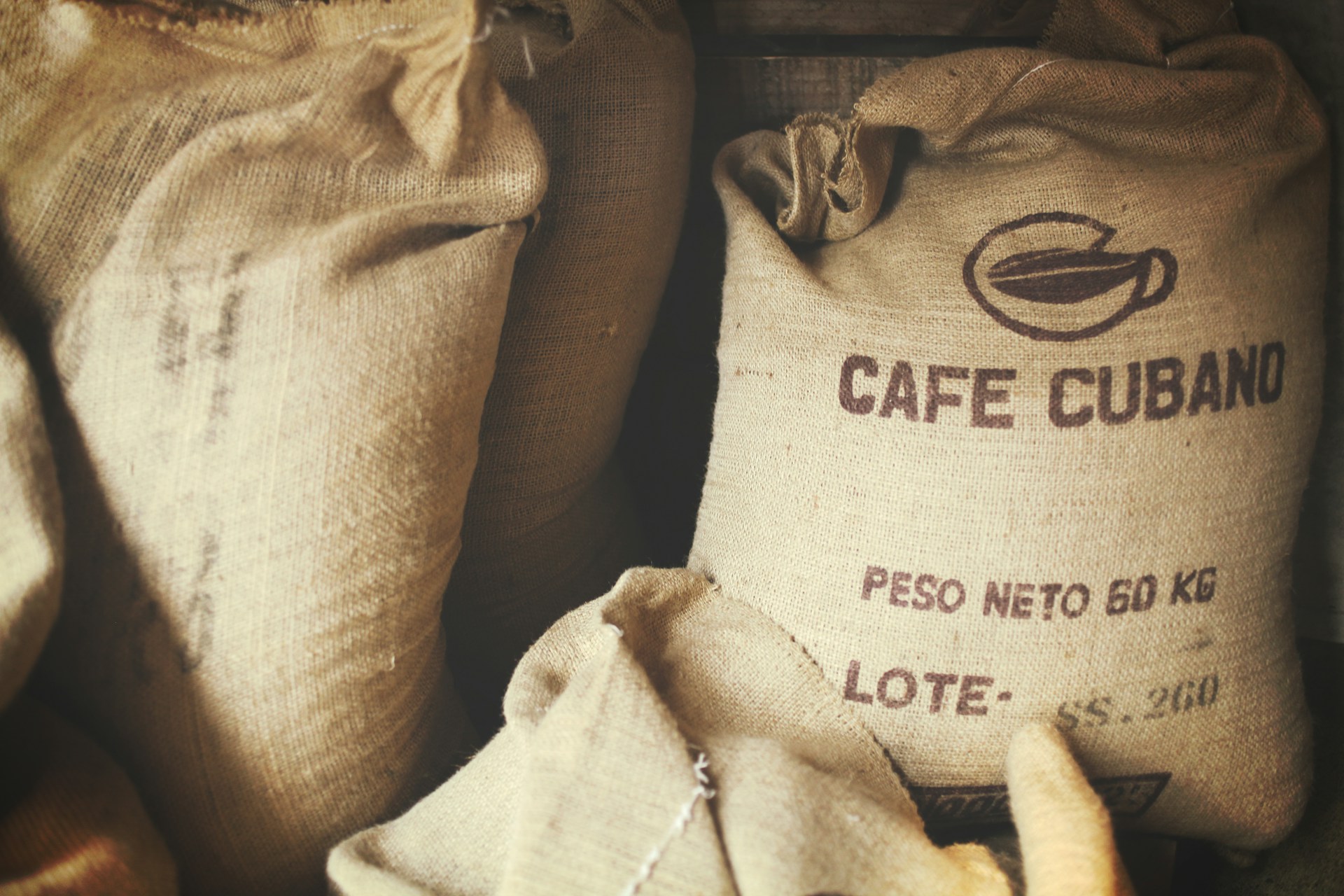 Photo by Diego Catto on Unsplash
Photo by Diego Catto on Unsplash
9. Yuban
Yuban Coffee is a Colombian-style coffee company roasted in California. It used to be made with 100 percent Colombian beans, but now the company is vague about its sources. What we do know is they aren’t Fairtrade certified.
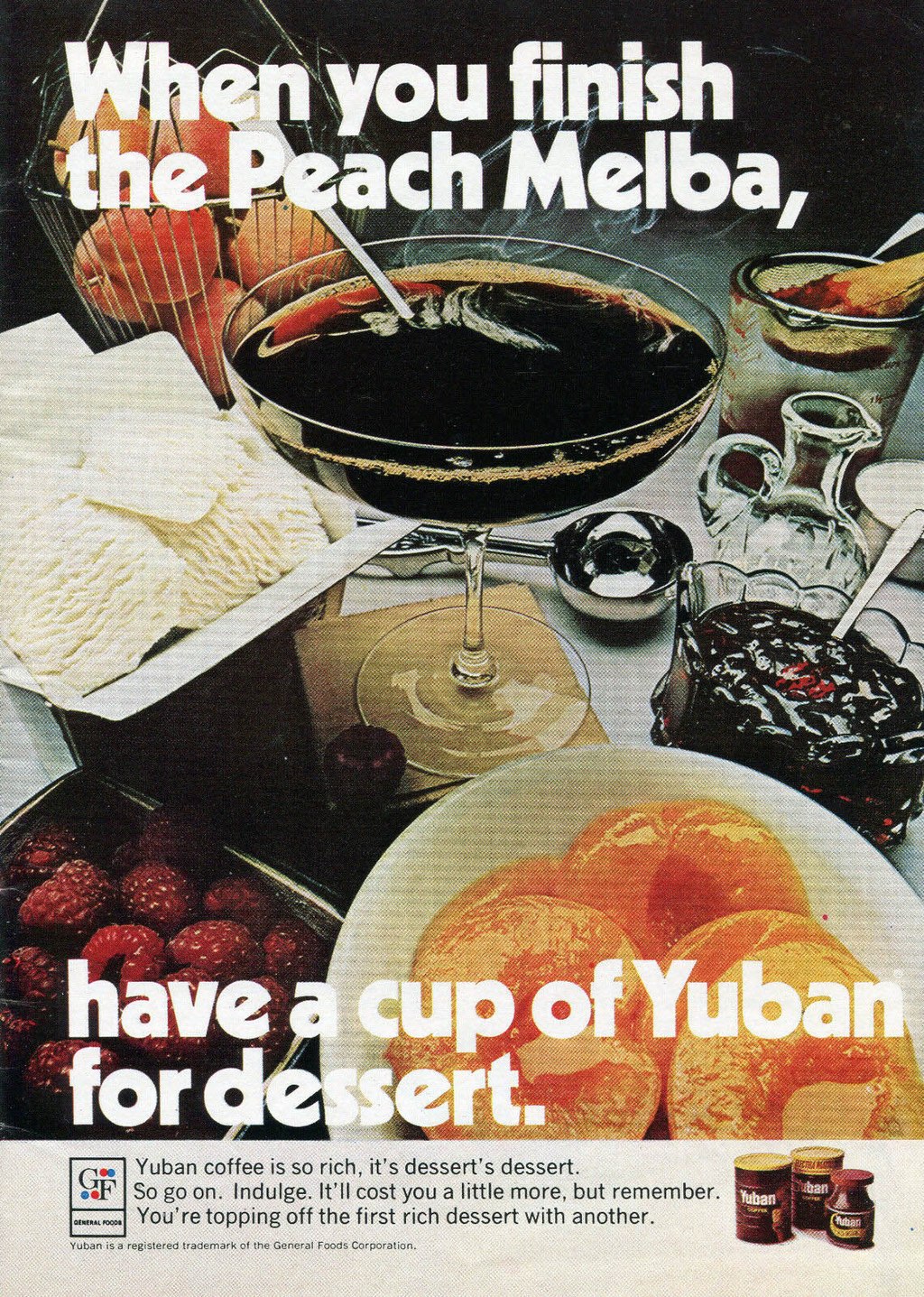 Public domain on Wikimedia Commons
Public domain on Wikimedia Commons
10. Kimbo
Kimbo is an Italian company that prides itself on quality. It’s important to note that they have one type of bean on offer–the organica–that is Fairtrade certified and organic. A step in the right direction, but we would like to see the rest of their products earn that stamp.
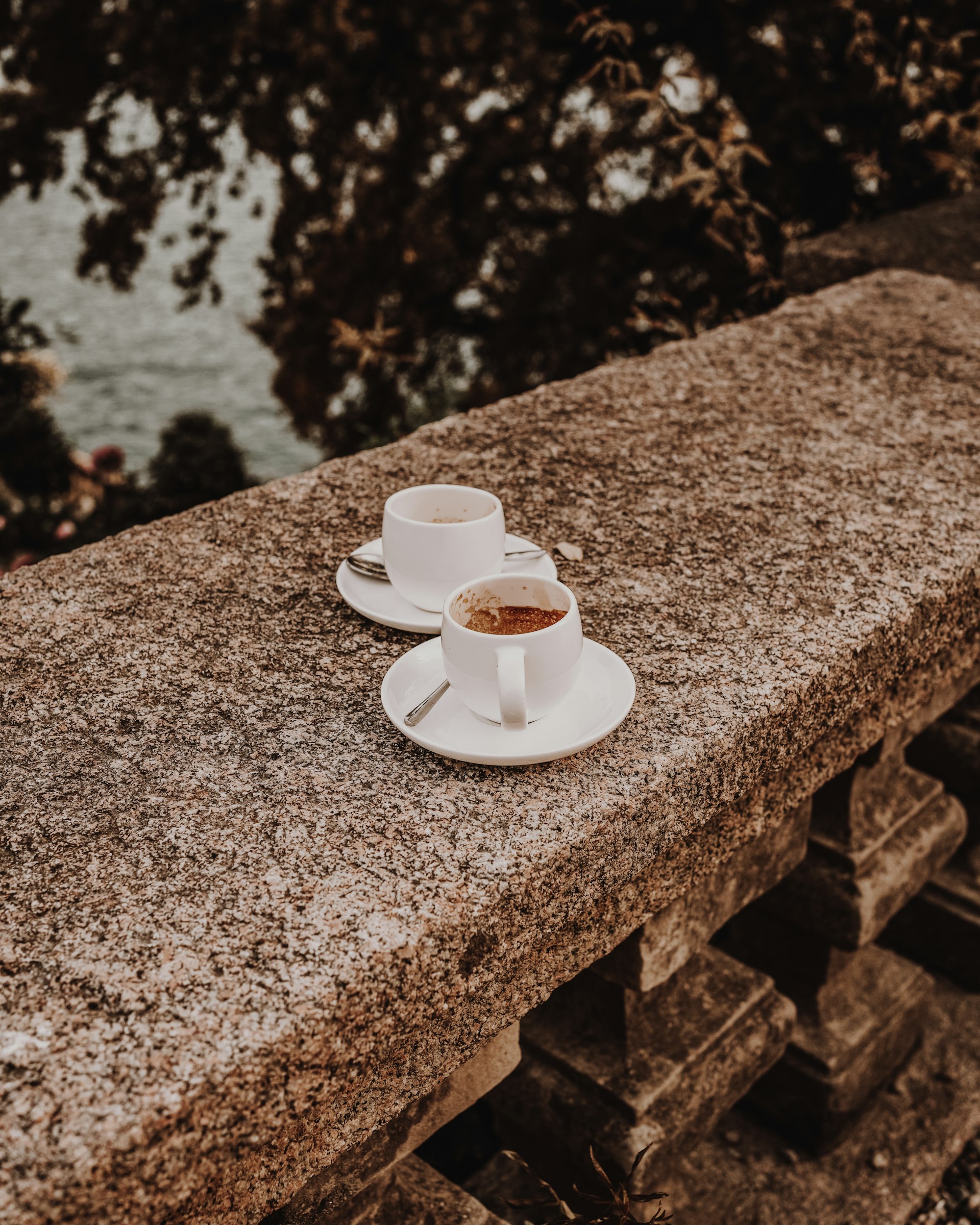 Photo by Mikita Yo on Unsplash
Photo by Mikita Yo on Unsplash
1. Lavazza
This coffee giant has made significant environmental strides with the introduction of biodegradable coffee pods. Its products are Rainforest Alliance certified, and some are organic.
2. Nescafé
Nescafé is the largest purchaser of sustainably sourced coffee in the world. It plans to reduce emissions by 20 percent next year and reach zero emissions by 2050.
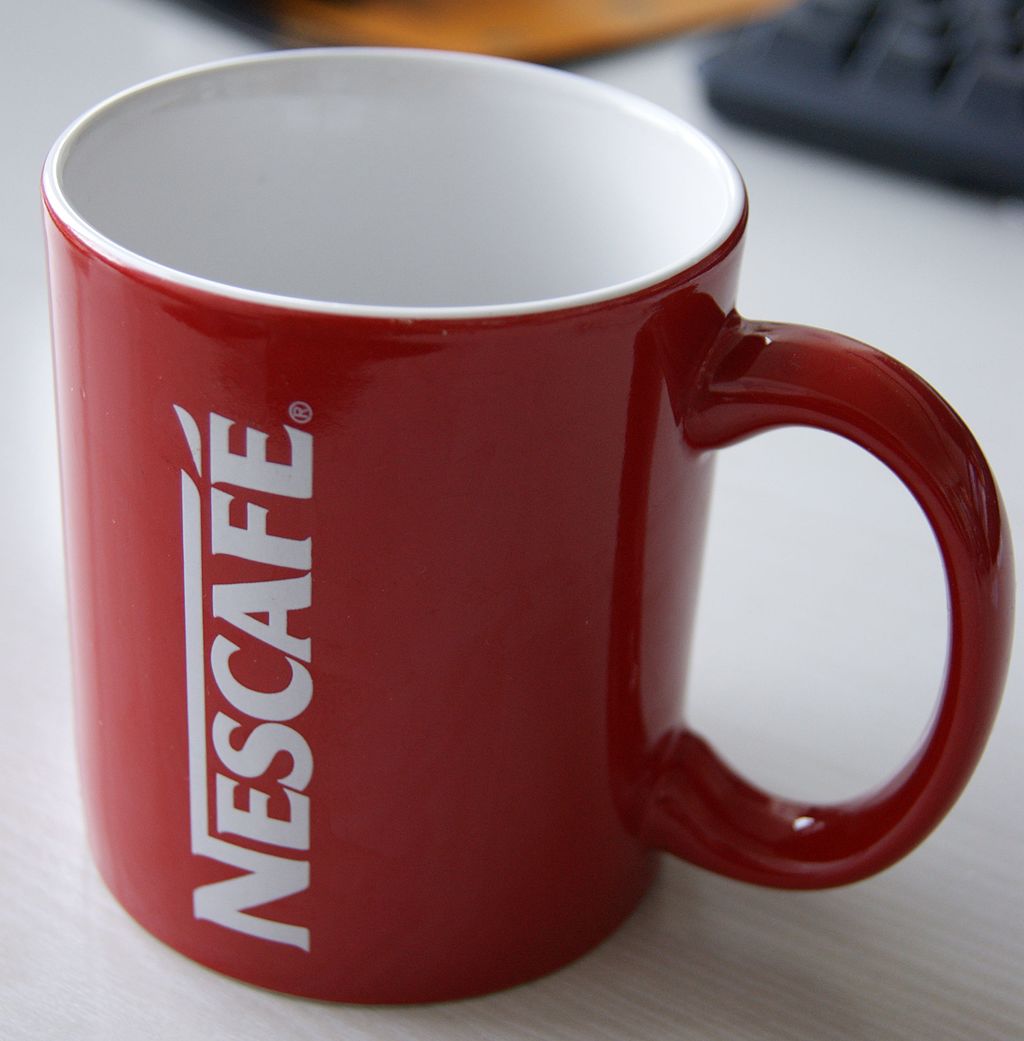 Abenteurer Morane on Wikimedia Commons
Abenteurer Morane on Wikimedia Commons
3. Ethical Bean
When the company decided to put “ethical” in its name, it set the bar high. The beans are 100 percent organic, and Fairtrade certified, the company uses renewable energy and even runs a bag recycling program.
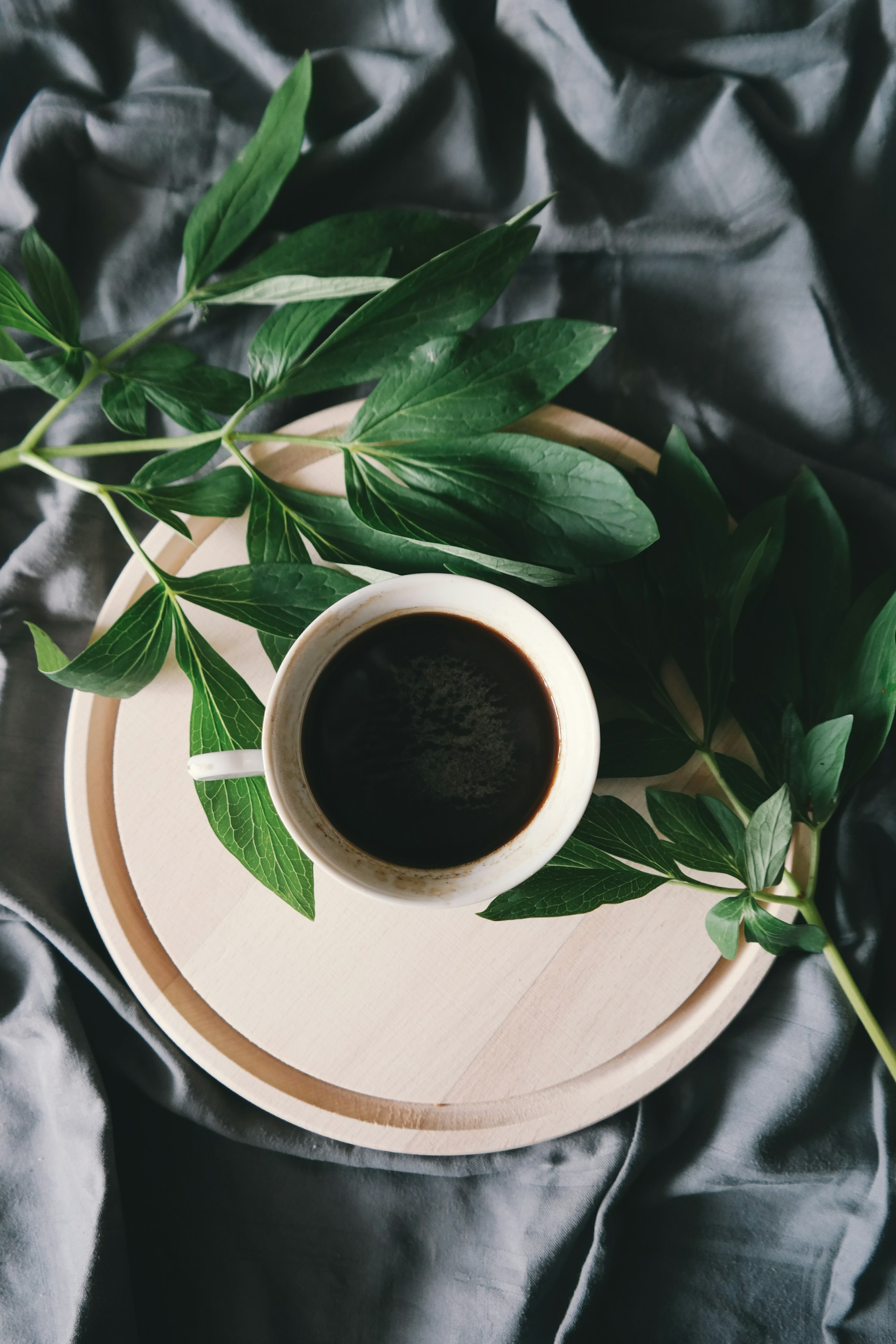 Photo by Brigitte Tohm on Unsplash
Photo by Brigitte Tohm on Unsplash
4. Starbucks
Starbucks knows how to stay on trend. These days that means being ethical and environmentally friendly. The company has created its own Coffee and Farmer Equity program and has promised to cut its carbon, water, and waste emissions in half by 2030.
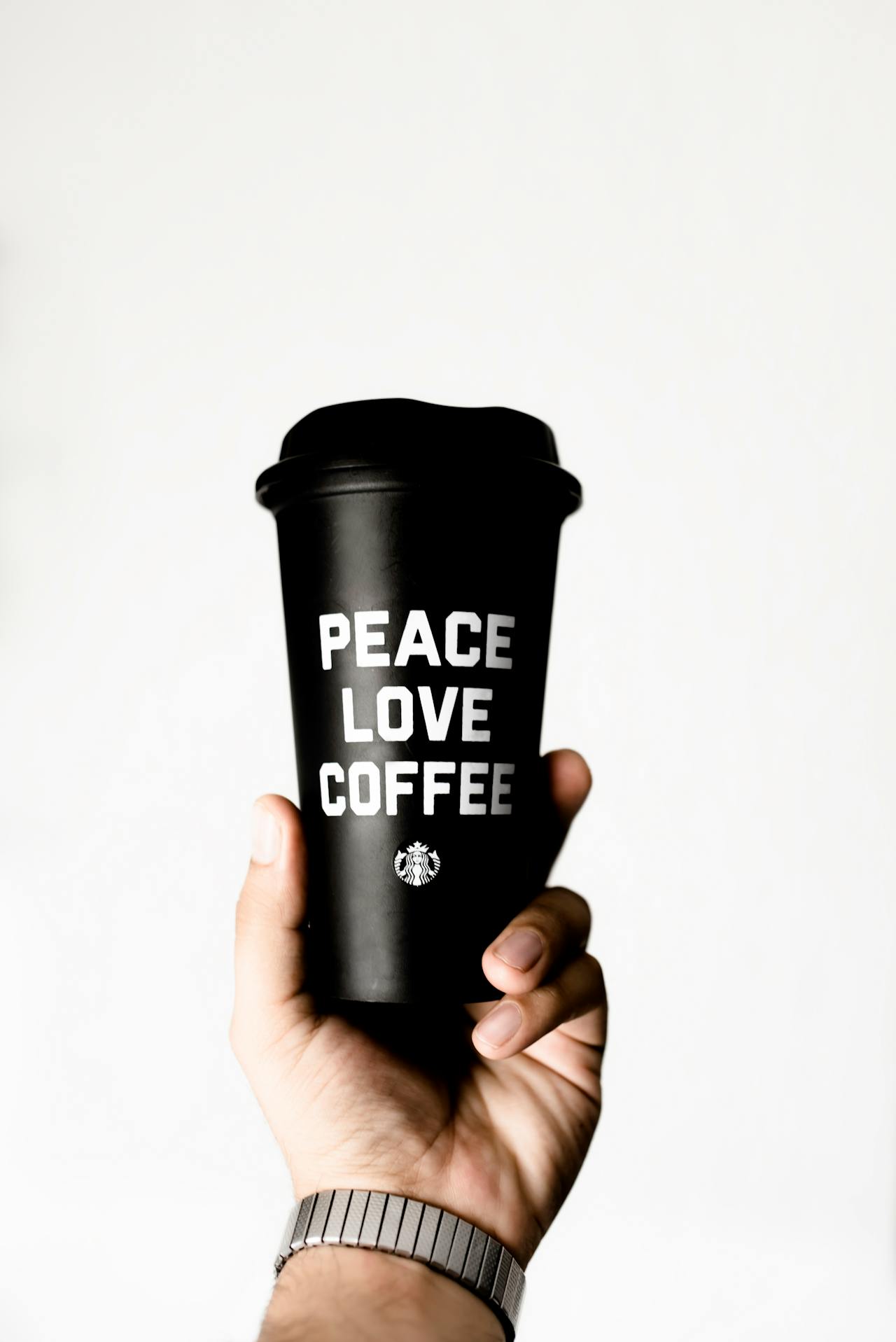 Photo by Bruno Cervera on Pexels
Photo by Bruno Cervera on Pexels
5. McCafé
It might surprise you to see McDonald’s listed as one of the good guys, but it does deserve a top spot for its efforts. In 2016 its coffee was only about 50 percent sustainably sourced, but as of 2020, that’s increased to 100 percent. Hats off to McDonald’s!
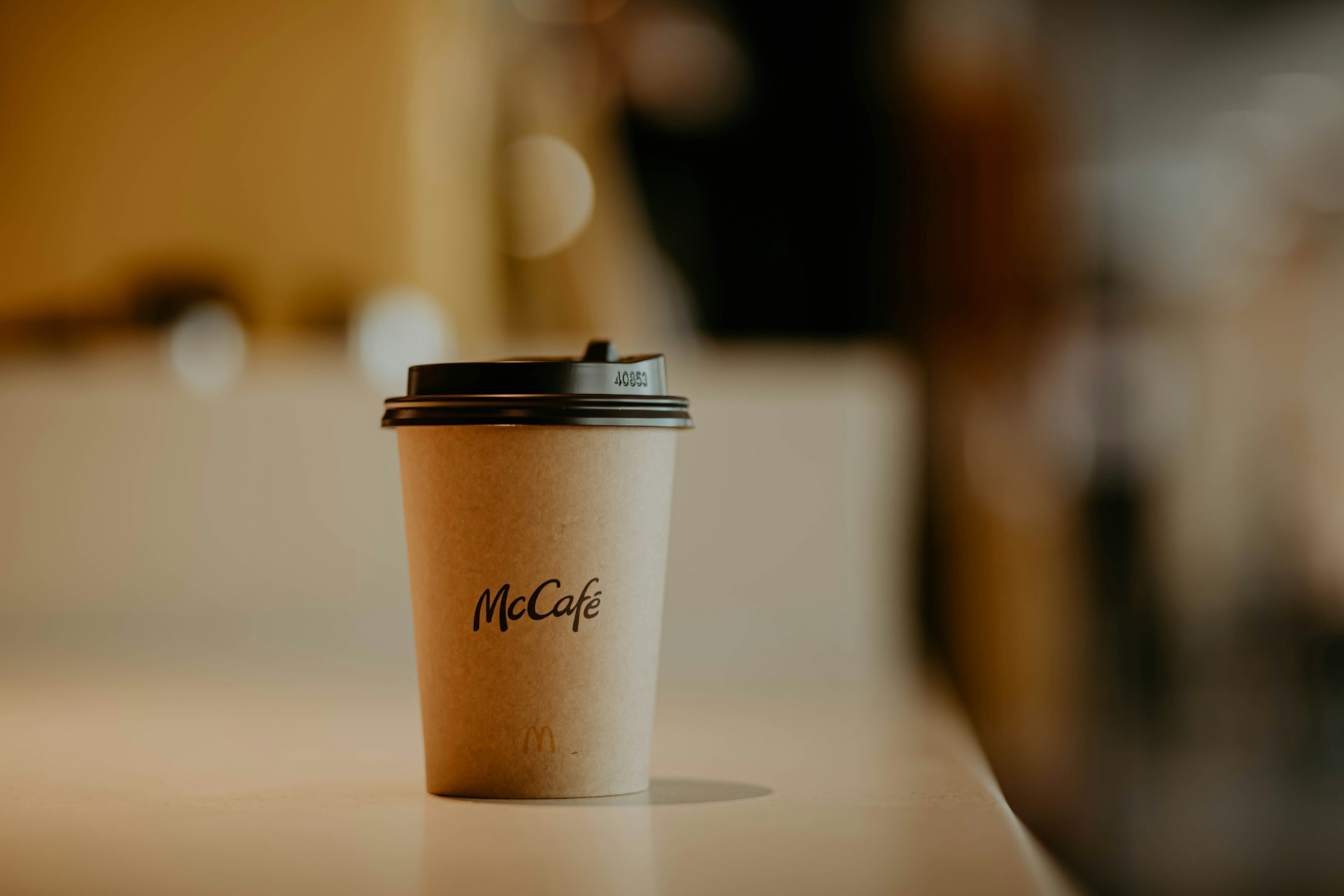 Photo by Angelina Yan on Unsplash
Photo by Angelina Yan on Unsplash
6. Van Houtte
Van Houtte has been Fairtrade certified since 2000 before it was cool. It also offers organic products and, on its website, encourages the use of reusable coffee cups.
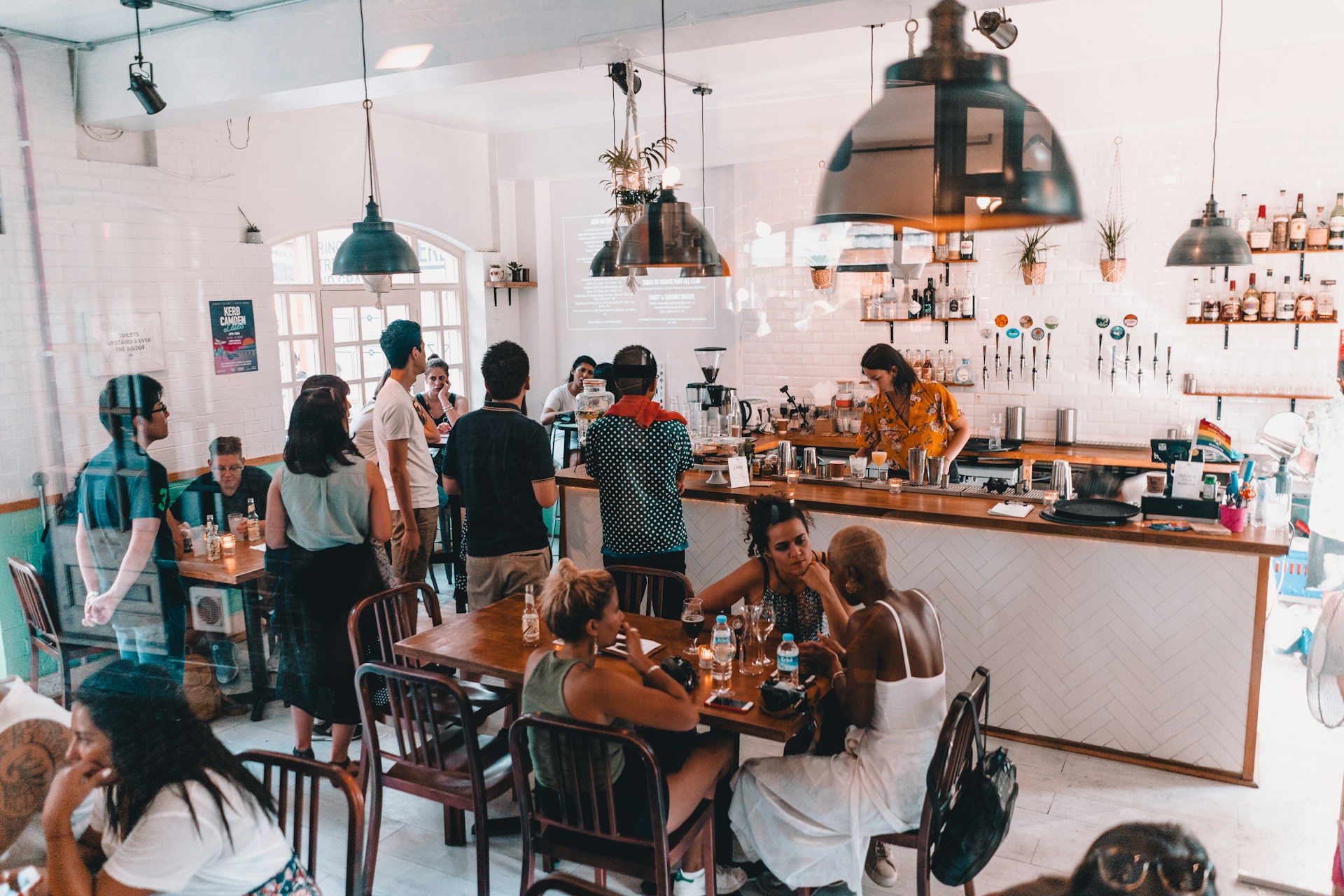 Photo by Nicolas J Leclercq on Unsplash
Photo by Nicolas J Leclercq on Unsplash
7. Pret A Manger
The coffee, tea, and dairy Pret uses are organic and the company has a fund for educating the next generation of farmers. Their London shops have a zero landfill policy and the company publishes an annual sustainability report easily accessed on its website, showing their commitment to transparency.
8. Krispy Kreme
Coffee and donuts–the classic combo. At Krispy Kreme, you can feel good about that coffee as its beans are Rainforest Alliance certified. They’ve also cut 83 tonnes of plastic from their business since 2019 and use 100% renewable energy in the UK and Ireland.
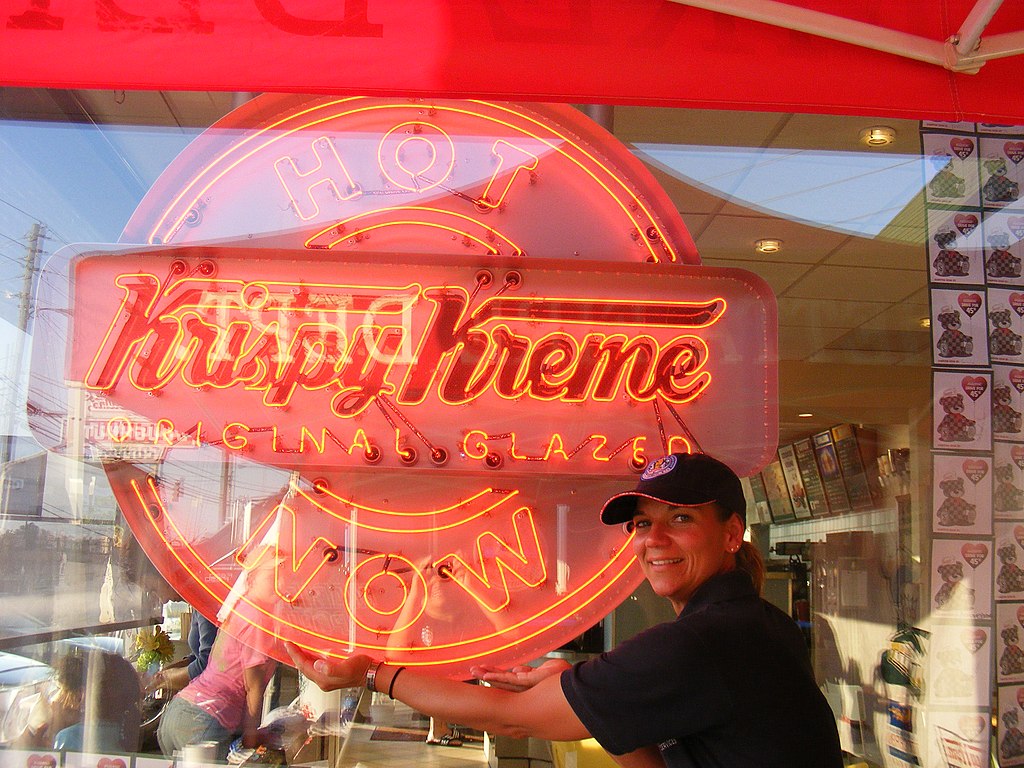 Public Information Office on Wikimedia Commons
Public Information Office on Wikimedia Commons
9. Tim Hortons
Canadians can keep feeling good about their national treasure. The company has partnered with Enveritas, a non-profit committed to supporting coffee farmers and sustainability. In 2021 Tim Hortons eliminated more than 1 billion single-use plastics by switching to compostable and recyclable packaging.
10. Peet’s Coffee
This California-based coffee company’s website boasts “insanely good coffee,” luckily it’s sustainable too! They’ve partnered with Enveritas to ensure their practices benefit farmers and the environment. The company undergoes 20,000 annual audits and invests in impact projects that help farmers and the climate.
KEEP ON READING
